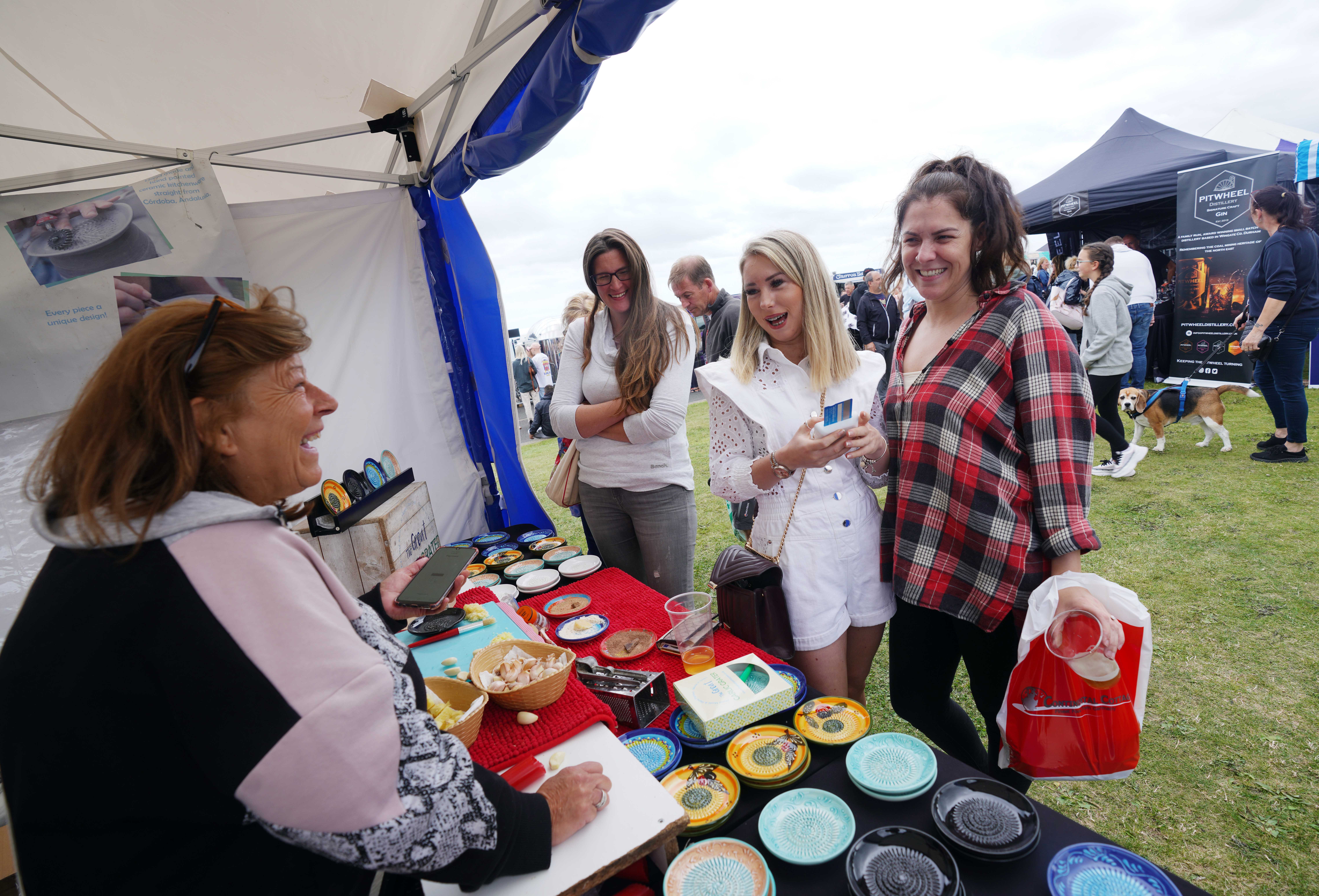Dear Sir,
When I became a town councillor in 1995, budget meetings consisted of powerful councillors trying to bully the Council to allocate money to the things they favoured. Meetings ran into the night, with bitter arguments over (e.g.) the ‘right’ price for a bowls session.
About 20 years ago, therefore, instead of the yearly wrangle, we instituted a system of Medium Term Financial Plans (MTFP) predicting spending and income over the coming four years, which allocated our spending according to our underlying principles, not personal politics. In 2007 we recruited Dan Austin as Finance Manager, who has steadily brought the Town Council’s finances under expert control.
HOW TOWN COUNCIL FINANCES WORK
Now, section managers determine how much they will need for the next four years and justify its place in the MTFP; we can tell you, reasonably accurately, what the budget will look like in 2025.
There is continuous pressure for savings, accuracy and probity. We have an internal auditor (who looks for discrepancies and unnecessary spending), and an external audit far more thorough than that required by the government; for democratic accountability, an Audit Committee of councillors scrutinises that work.
Officers have predicted the maintenance and replacement needs of every building and item of machinery for the next 15 years; an Asset Management Group of councillors meets regularly to scrutinise their schedule.
Meanwhile, a Service Review Committee systematically examines each service area to see if our provision is appropriate, necessary, and value for money.
Each year the public is consulted for its views; every few months the MTFP is brought to the councillors for comment and update.
And Town Council finance officers check every item of spending as it happens seeking savings … EVERY YEAR they bring back savings to carry forward to reduce next year’s council tax (e.g., last year, £187,500 genuine efficiency savings and increased income on the planned budget).
THIS YEAR’S BUDGET MEETING
On 27 January, the 2021-22 budget was brought to Full Council … after three Council budget meetings (i.e. for Environment/ Recreation/ Policy & Resources) to consider the proposed final figures.
The only councillor who spoke on 27 January was Cllr Michael Stead. He (falsely) claimed credit for the decision to freeze Council Tax, (groundlessly) asserted there were savings to be made, and proposed setting up a council committee to wage a ‘war on waste’.
WHAT ‘WASTE’!! We already have a slew of measures routinely seeking every possible saving, and such content-free allegations are a mendacious insult, not just to our hard-working finance department, but to the other opposition councillors – who had scrutinised the budget and declared it fit for task.
Cllr Stead had not spoken a word the week before, when we had actually discussed the proposed budget. And his suggested savings were: (1) cut the councillors’ diary; (2) stop paying £20 a month on councillors’ meeting papers. What would be at most £350-worth of suggestions would save just 5p A YEAR on your Council Tax (and, if he had asked, he would have known that when we looked at going paper-free we found it might cost the Council MORE).
A DANGEROUS FAILURE
Last March Cllr Stead was elected on a landslide, promising to cut council tax. Since then, he has failed to suggest one meaningful saving. I know ‘every little helps’, but the gross annual Town Council budget is about £3 million. And how much more paltry will that £350 look if he gets to County Hall, with its gross annual budget of £1.3 BILLION? I set Cllr Stead a fair challenge: to move past the sound bites and tell us HOW he would reduce Council Tax.
But it is worse than that. His demand for a councillors’ ‘Savings Committee’ threatens to take us back to the dark days when Councillors dominated Council finances, e.g. telling grounds staff what kind of mower they needed, and office staff what kind of shredder they should buy. PLEASE let’s not return ill-informed political meddling to replace the objective, expert-led, democratically-monitored SYSTEMS which Labour has put in place over the past 20 years to guide Town Council finances.
Cllr. John D. Clare










